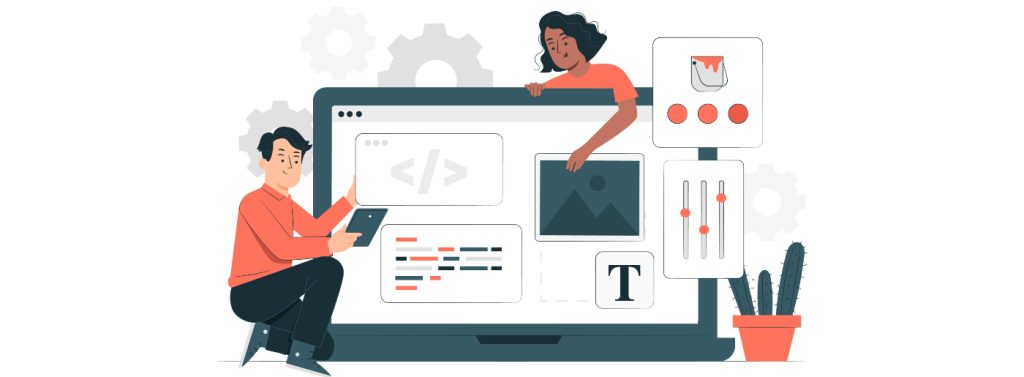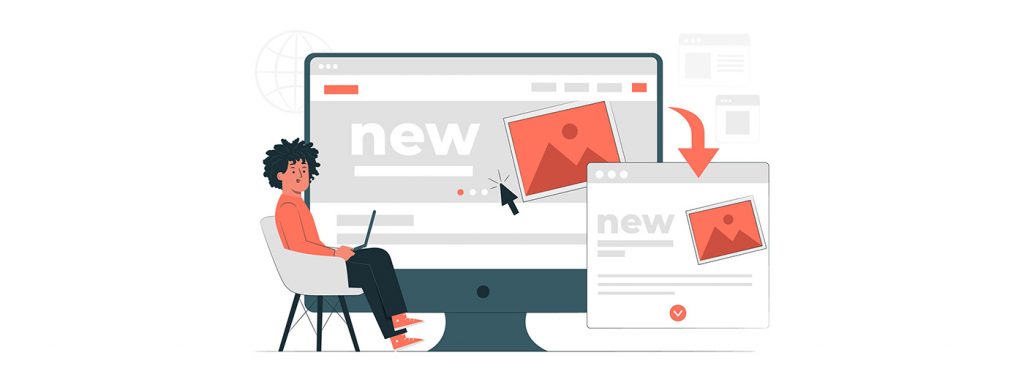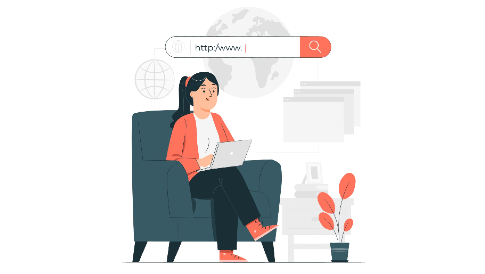Fencing in the Digital Age: Why Your Local Fence Installation Company Needs a Professional Website
Fencing a house doesn’t exactly come cheap. Depending on how long, how tall, and what it’s made of, the average ranges between USD$4,000 and USD$12,000, including installation and other expenses. The fence alone costs from USD$20 to USD$60 per linear foot.
It would be remiss of homeowners to spend this much on fencing work by a professional who turned out to be anything but. Because of this, they’d do due diligence before picking up the phone, let alone scheduling the work. And it’s easier to do this in the digital age than ever due, in no small part, to broader access to information.
As a legitimate fencing business, appearing professional and reliable to people in the market for your service is your responsibility. Brochures and yellow page entries won’t be enough; fence installation businesses like Vanta Outdoors and others must establish a proper presence on the Internet. And what better way to do so than with a well-designed, content-rich website?
A Website Extends Your Reach
Customers in this day and age hardly rely on pamphlets to find a reputable source of products and services. The Internet has made searching for information much easier—fire up the search engine of choice, enter some keywords, and hit “enter.”
As if that wasn’t simple enough, mobile devices like smartphones and tablets make the process a snap. Despite their small touchscreens, the majority of Internet users search and view content via mobile. This trend is unlikely to change anytime soon.

Regardless of the device that your target audience uses, having a website opens your business to thousands, if not millions, of potential customers. Before you say, “But keeping old customers is less expensive,” know that it’s never been about customer retention vs acquisition. Any business can’t expand or increase revenue without attracting new patrons.
Digital marketing techniques such as search engine optimization (SEO) and pay-per-click (PPC) marketing can extend a website’s reach further. With countless websites jockeying for position in search results, these practices make websites appear in searches relevant to a particular niche. If you offer vinyl fencing, your website should target keywords along the lines of “vinyl fencing.”
A Website Lets You Acquire Orders Online
A website is a reliable e-commerce platform, enabling a business to sell goods whether or not it has a brick-and-mortar store. Online stores proved their weight in gold a few years ago when a global health crisis prevented people from safely leaving their homes.
This works somewhat differently for businesses that render onsite services like fence installation and repair, but isn’t any less beneficial. One example is the contact form, which provides new or old customers with a direct channel to the business. With adequate user experience design, it can be indispensable in acquiring new job orders or addressing questions or concerns.

Another is the call to action (CTA), a link or button informing visitors of the next step following browsing the website’s content. It can lead to anywhere on the website that you consider a conversion, be it signing up for your newsletter or giving you a call. Coupled with the suitable choice of words, it can convince leads and customers to literally take action.
Expect more online transactions to be performed in the coming years as technology becomes more enmeshed in a consumer’s daily life. Without a website to handle them, a business will miss out on countless opportunities for growth and give its competitors the edge.
A Website Is Cost-Effective Marketing
Imagine getting access to millions of potential customers with just a website that costs as low as USD$100 annually to maintain. If you have some knowledge of web design, you can drive that figure even lower. Marketing can’t get any more cost-effective than this.
For the record, being “cost-effective” isn’t essentially the same as being “cheap.” A social media page costs nothing to create and maintain while tapping into millions of leads, but you don’t own it completely. The platform can change its rules as it deems fit anytime, with some examples like Facebook taking harsh action against “overly promotional” marketing.
As for distributing flyers, while they don’t require the same level of technical expertise as web design, they do demand enough know-how in graphic design. Attention-grabbing flyers are more than printing a few words on paper and calling it a day. You also need to send some of your staff out to give them to passersby, and you can’t afford to be understaffed when delivering services.
A website lets you exert full control over its content and, unlike a brochure, won’t get discarded. Coupled with an effective design, it’ll help you break even quickly with the tons of leads it attracts and converts to paying customers.
A Website Provides Credibility
Establishing credibility is inarguably the most crucial reason to set up a website. As mentioned at the start of this piece, it would be careless of homeowners to spend thousands on fence work by a downright fraud. As a professional, you must prove you’re worth your clients’ trust.
While some fraudulent websites exist, most people gauge a business’s trustworthiness by the fact that it has one. It carries more features that can help visitors distinguish between a real goods and services provider and a fake one, starting with the ability to create a custom domain name.
A domain name describes your business in a nutshell, allowing customers to find your website on the ever-expanding Web. Setting your brand name as the domain name is the most common and effective method, making the brand easier to remember. You can add a keyword or two to describe further what your business offers, but don’t make it too long.
This degree of customization is non-existent on social media pages, where just about anyone can set one up—including individuals with malicious intent. It’s easy to copy a page’s banner images and content and pass them off as the fake page’s own, but building a website is a bit more complex. On top of that, a website that lacks basic details and features is often a red flag for users.
Conclusion
The list of reasons for holding off on having a website, if any, has grown shorter over the years. Internet activity has been on the rise, and it’ll likely stay that way moving forward. Even if your fence installation company serves a local community, you’d still want a website for it for these reasons.




Leave a Reply